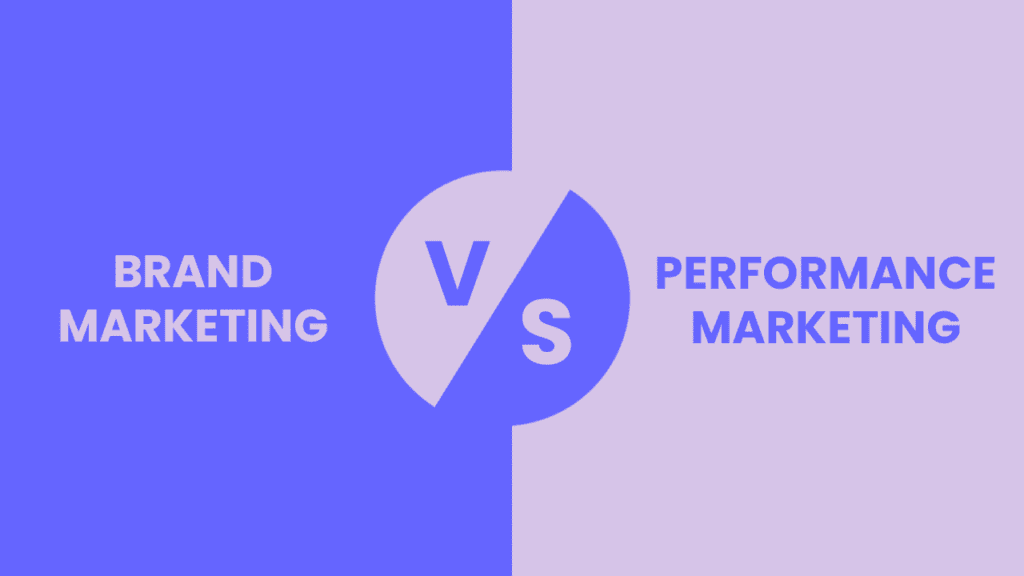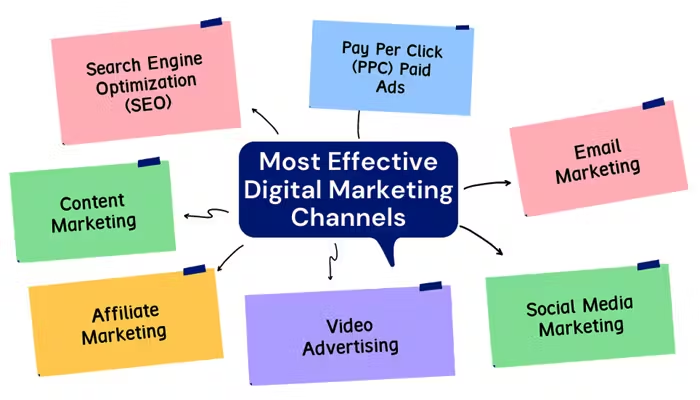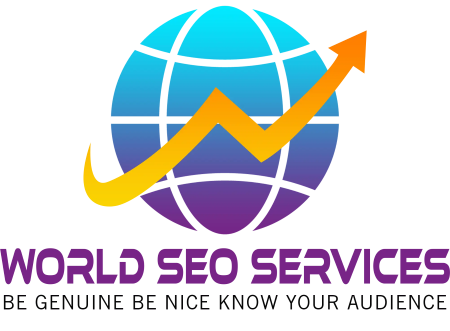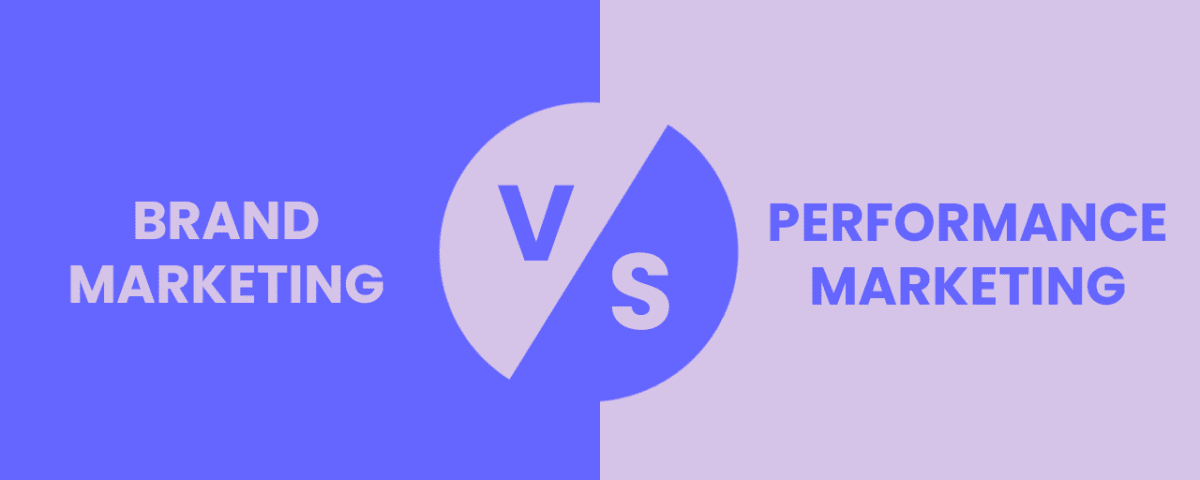- Have any questions?
- +91 96020 93137
- +91 93525 62080
- info@worldseoservices.com
Performance Marketing vs. Brand Marketing: What’s Right for Your Business?

The Role of Data Analytics in Performance Marketing Strategies
November 18, 2024
Performance Marketing Tools You Need for a Winning Campaign
November 19, 2024In the dynamic world of digital marketing, businesses often face a crucial decision: Should they focus on performance marketing or brand marketing? Both approaches offer unique benefits, but choosing the right strategy depends on your goals, audience, and long-term vision.

At World SEO Services, we aim to simplify this decision by breaking down the differences between performance marketing and brand marketing, helping you determine what’s best for your business.
Understanding Performance Marketing
Performance marketing is a results-driven approach that focuses on measurable actions. It’s a favorite among businesses seeking quick wins and high ROI. Campaigns are data-driven, allowing marketers to track performance in real-time and optimize strategies for maximum efficiency.
Key Characteristics of Performance Marketing:
- Focus on Metrics: Performance marketing emphasizes KPIs like cost per acquisition (CPA), click-through rate (CTR), and return on ad spend (ROAS). Every campaign’s success is evaluated against specific metrics.
- Pay-for-Performance Model: Businesses pay only when a desired action occurs, such as a click or sale, making it cost-effective and transparent.
- Short-Term Goals: The primary objective is immediate results, whether it’s boosting website traffic, generating leads, or driving sales.
Common Channels for Performance Marketing:
- Search Engine Marketing (SEM): Pay-per-click (PPC) ads on platforms like Google Ads.
- Social Media Advertising: Paid campaigns on Facebook, Instagram, and LinkedIn.
- Affiliate Marketing: Partnering with affiliates who earn commissions for driving conversions.
- Programmatic Advertising: Automated buying and placement of ads based on audience data.

Understanding Brand Marketing
Brand marketing focuses on creating a strong, memorable identity for your business. Unlike performance marketing, the goal isn’t immediate results but long-term growth through trust, loyalty, and recognition. Brand marketing aims to connect emotionally with your audience, making your business their go-to choice.
Key Characteristics of Brand Marketing:
- Focus on Perception: Success is measured by brand awareness, reputation, and customer loyalty rather than immediate metrics.
- Storytelling and Emotional Connection: Brand marketing uses storytelling, visuals, and consistent messaging to create an emotional bond with the audience.
Common Channels for Brand Marketing:
- Content Marketing: Blogs, videos, and infographics that communicate your brand values.
- Social Media Engagement: Organic posts that foster interaction and build a community.
- Public Relations (PR): Media coverage and partnerships that enhance your reputation.
- Sponsorships and Events: Collaborations that boost visibility and trust.

| Aspect | Performance Marketing | Brand Marketing |
|---|---|---|
| Objective | Immediate results and measurable actions (sales, leads). | Long-term growth through trust, loyalty, and awareness. |
| Timeframe | Short-term focus. | Long-term focus. |
| Measurement | Metrics like CPA, CTR, and ROI. | Metrics like brand sentiment and share of voice. |
| Approach | Data-driven, transactional. | Emotional, relational. |
| Cost Structure | Pay-for-performance. | Often requires upfront investment. |
Pros and Cons of Performance Marketing
Pros:
- Immediate and measurable results.
- Cost-effective with pay-per-performance models.
- Flexible and easy to scale.
Cons:
- Limited focus on building brand equity.
- Campaigns may end when budgets are exhausted.
- Relies heavily on data and constant optimization.
Pros and Cons of Brand Marketing
Pros:
- Builds trust and long-term loyalty.
- Supports all marketing efforts, including performance campaigns.
Cons:
- Results are harder to measure.
- Requires significant time and resources.
- ROI may take longer to realize.
Which Strategy is Right for Your Business?
The choice between performance marketing and brand marketing depends on your business’s goals, industry, and stage of growth.

1. For Startups and Small Businesses
If you’re in the early stages, performance marketing can help generate quick leads and revenue to sustain growth. However, investing in brand marketing early on can lay the foundation for long-term success.
2. For Established Businesses
Established brands often balance both strategies. Performance marketing ensures continued revenue, while brand marketing solidifies their market position and customer loyalty.
3. For E-Commerce Businesses
Performance marketing is crucial for driving sales and scaling quickly. However, incorporating brand marketing can help differentiate your store in a crowded marketplace.
4. For Service-Based Businesses
Trust and reputation are essential, making brand marketing a priority. Performance marketing can complement this by generating leads and inquiries.
The Power of Combining Both Strategies
At World SEO Services, we recommend integrating performance and brand marketing for maximum impact. Here’s how:
- Leverage Brand Marketing to Enhance Performance Campaigns: A strong brand boosts the effectiveness of performance marketing efforts by increasing trust and click-through rates.
- Use Performance Marketing to Fund Brand-Building Efforts: Revenue from performance campaigns can be reinvested into branding initiatives.


